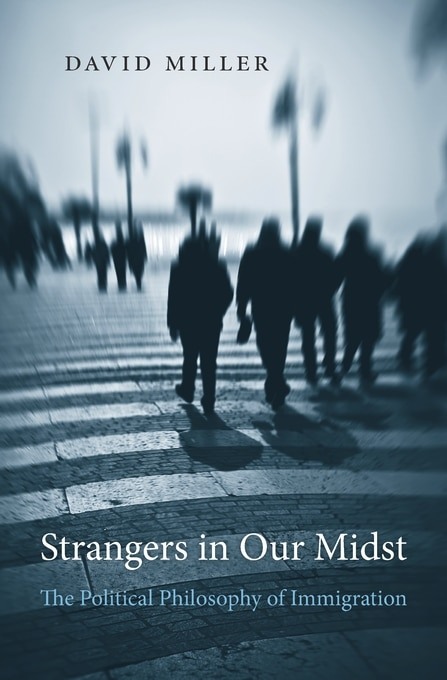 Strangers in Our Midst: The Political Philosophy of Immigration, David Miller (Cambridge, Mass.: Harvard University Press, 2016), 240 pp., $35 cloth.
Strangers in Our Midst: The Political Philosophy of Immigration, David Miller (Cambridge, Mass.: Harvard University Press, 2016), 240 pp., $35 cloth.
By now one might hope that the robust body of theoretical work recently published on immigration ethics would have taken general political philosophy a long way from the prevailing Rawlsian-style insularity premise, according to which society is “a closed system isolated from other societies” into which persons “enter only by birth and exit only by death.” But there are still a great many political theorists whose focus is unreflectively endogenous and who assume away questions of states’ constitutive scope and boundaries. One of the signal merits of David Miller’s new book, Strangers in Our Midst, is that it lucidly demonstrates why ignoring state boundary constitution is untenable for political theory. Miller shows that foundational debates in political philosophy are inescapably related, both as premise and entailment, to many normative immigration questions.
Full essay available to subscribers only. Click here for access.
More in this issue
Spring 2017 (31.1) • Review
Blood Oil: Tyrants, Violence, and the Rules that Run the World by Leif Wenar
Spring 2017 (31.1) • Essay
Human Rights, Global Ethics, and the Ordinary Virtues
Drawing on research from site-visits to eight countries, this essay explores whether human rights has become a global ethic, and, if so, how the concept ...